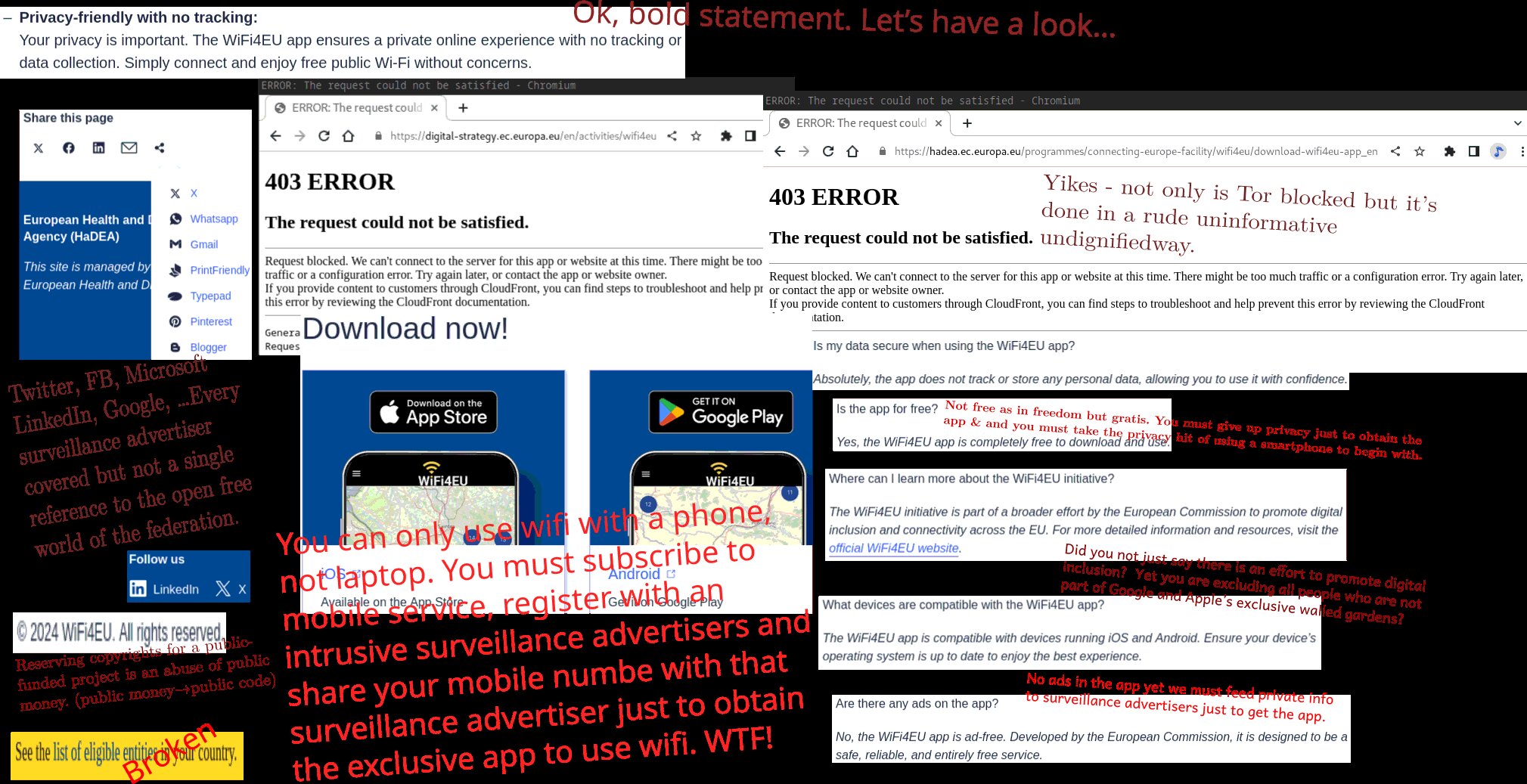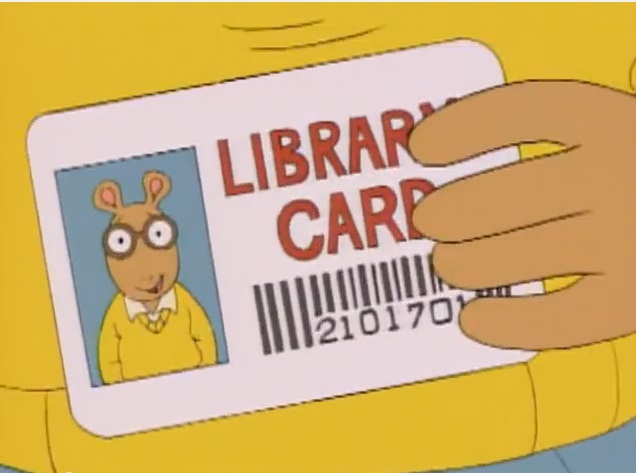

A boycott is by definition choosing not to partake in a transaction
so as to show your dissatisfaction financially, any action that doesn’t fit the definition of a boycott is not one.
There is no “showing your dissatisfaction” nonsense here. A boycott can absolutely be silent. You’re under the common misconception that boycotts are necessarily organised by many people with a list of demands. A single person can – on their own initiative – decide to boycott a company as just one person. I did not buy the Unilever bar of soap because I boycott Unilever. Yet Unilever does not get the slightest expression or signal from me to “show” dissatisfaction. I may be the only person boycotting them. Wholly undetectable. I might make some noise about it, optionally, but my boycott does not cease to be a boycott for not showing dissatisfaction.
Intent is nothing from a utilitarian standpoint. Someone or a small group might think or hope their boycott inherently signals dissatisfaction. Yet it likely fails in that regard despite having the intent that your definition introduces.
A boycott is consumers refusing to feed a bad actor. They may or may not show contempt. I boycott hundreds of corporations and I never send them my list of demands. That’s optional. Different people partake in boycotts different ways. Vegans often do not voice contempt for their adversary. But it’s a boycott against animal abusers nonetheless. The only way the meat industry could satisfy the demands of the vocal vegans would be to wholly cease their activity… their existence.
I boycott Micorosoft and Amazon for hundreds of reasons. There is absolutely no hope of those companies changing enough to redeem themselves enough for me to back off my boycott. They cannot be salvaged. I am boycotting them until I die.
You cannot force somebody to partake in a transaction,
How could you possibly not have seen all the examples I gave of people being forced to partake in a transaction? Some are hypothetical but doesn’t matter. I count 8. In every single one of those cases the consumer could (if they wanted) ensure that their dissatisfaction is registered which would then adapt the example for your definition of boycott.
If we assume you are not swayed about the meaning of the word, so what? My questions in the OP are formed using my own interpretation of the word boycott. If necessary, you could mentally find and replace “boycott” with “foo”. My questions still stand.




Try reading your own source. Look for “usually” in your cited definition. If you replace “usually” with “always” it would get you closer to the definition you’re attempting to apply in your claims. At least it’s more clear why you originally thought expression rights would matter.
Yet you just indicated you are standing behind Webster’s definition, which (incorrectly) claims that a boycott is necessarily “concerted”. An “organised” boycott is “concerted”. Working in concert.
A dictionary’s 2-liner gives a very rudimentary understanding of the practice. It’s good for someone starting from zero, but you should really read the history and learn a bit about the concept instead of trying to think like a robot. Lookup Charles C. Boycott to learn the origins. A dictionary is really a shitty source for gaining in-depth insight. Anyone can find a dictionary that supports different meanings. Then what? A battle of dictionaries… Webster vs. Random House? A prof would be embarrassed to refer to a dictionary. The problem with Webster is that it attempts to capture the general concept in 2 lines of text but in an effort to capture the typical practice it yields something inaccurately narrow. They made a trade-off. Webster was right to say it /usually/ manifests as an expression, but a boycott does not cease to be a boycott in the absence of a concerted effort of multiple actors. Indeed that is also usually the case but not always. And you’re hoping a 2 line blurb will cover all situations. It’s a non-starter because those of us who live by the boycott as a lifestyle could not possibly convey expression across the board. If I were to introduce expression to my lifestyle of boycotting ~1000+ brands for every one of them, it would be unsurmountable. I would have to cut back on the quantity of boycotts by 2 orders of magnitude.